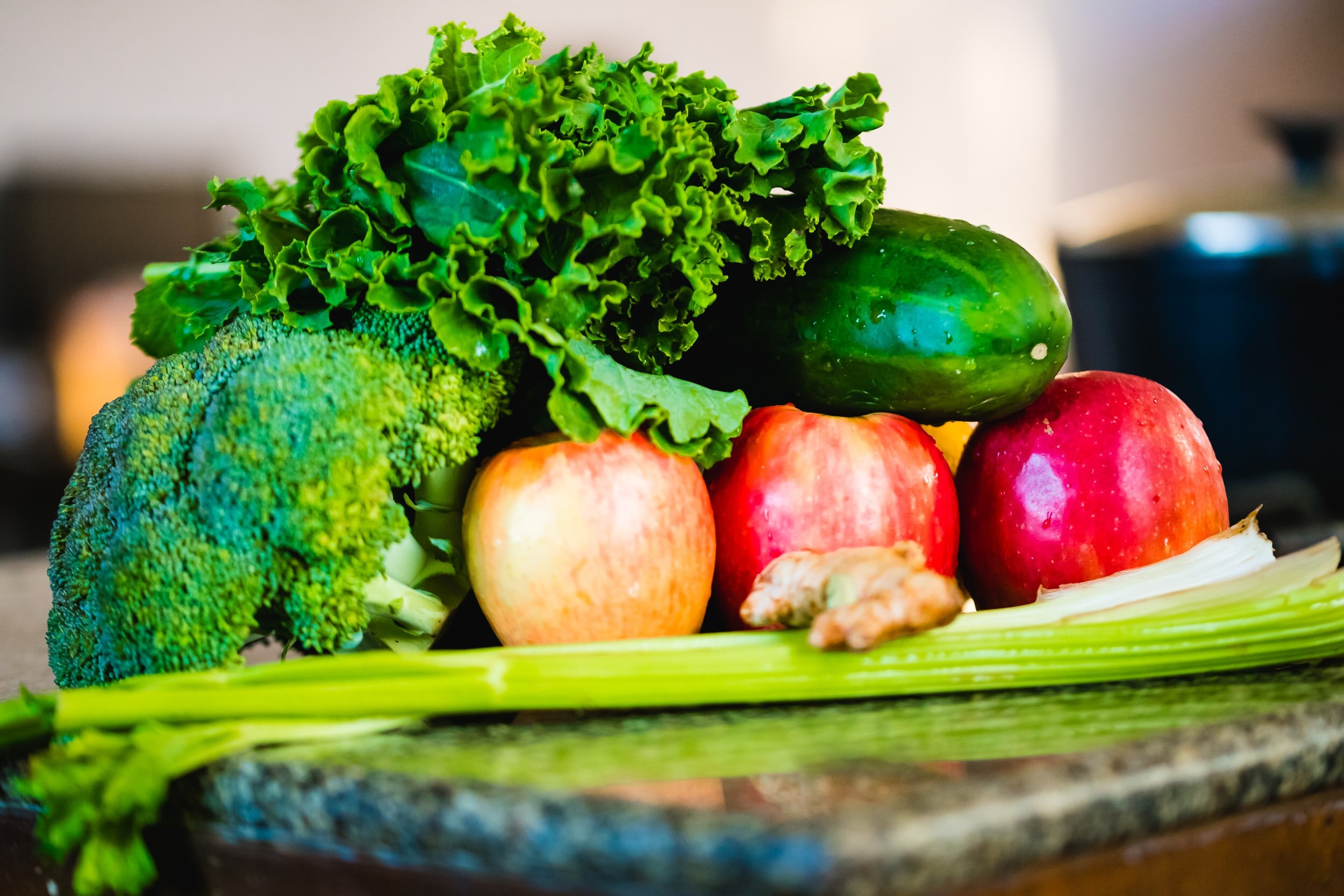The Curated News Hub
Your daily source for diverse news and insights.
Fueling Gains: How Your Plate Can Outperform Your Workout
Unlock the secret to maximizing your workouts—discover how the right foods can fuel your gains and elevate your performance!
The Ultimate Nutrition Guide: What to Eat for Maximum Muscle Growth
When aiming for maximum muscle growth, understanding the principles of nutrition is crucial. A balanced diet rich in macronutrients—proteins, carbohydrates, and fats—ensures your body has all the necessary building blocks. Focus on incorporating high-quality protein sources such as lean meats, fish, dairy, and plant-based options like tofu and legumes. Aim for approximately 1.6 to 2.2 grams of protein per kilogram of body weight, as this intake supports muscle repair and growth. Additionally, carbohydrates provide the necessary energy for your workouts; prioritize whole grains, fruits, and vegetables to fuel your training sessions.
Don't overlook the importance of healthy fats in your diet. Incorporate sources like avocados, nuts, and olive oil to support hormone production and overall health. Hydration is also key, so drink plenty of water throughout the day. Consider a post-workout meal rich in both protein and carbohydrates to kickstart recovery—options include a smoothie with protein powder and fruits or a grilled chicken salad with quinoa. By adhering to these nutritional guidelines, you set the stage for optimal muscle growth and enhanced performance.

Pre- vs. Post-Workout Meals: What Should You Really Be Eating?
When it comes to fueling your workouts, understanding the difference between pre-workout and post-workout meals is essential. Pre-workout meals are designed to provide your body with the energy it needs to perform at its best. Ideally consumed 30 minutes to two hours prior to your workout, these meals should include a balance of carbohydrates and protein. Foods like bananas, oatmeal, and Greek yogurt can supply the necessary energy and nutrients to enhance your performance. A sample pre-workout snack might include a slice of whole-grain toast topped with almond butter and banana, providing a quick source of energy while still being digestible.
On the flip side, post-workout meals play a crucial role in recovery. After exercising, your body needs to replenish glycogen stores and repair muscle tissues. Consuming a meal rich in protein—like grilled chicken or a protein shake—paired with carbohydrates helps kickstart this recovery process. Aim to consume your post-workout meal within 30 to 60 minutes after exercising. A great post-workout option could be a quinoa salad with mixed vegetables and chickpeas, offering both the protein and carbohydrates necessary for optimal recovery.
How Macronutrients Influence Your Fitness Results: Fueling Gains Effectively
Understanding how macronutrients influence your fitness results is crucial for anyone looking to optimize their training and achieve their goals. Macronutrients, which include carbohydrates, proteins, and fats, serve as the foundation of our diet and play distinct roles in performance and recovery. For instance, carbohydrates are essential for providing energy, especially during high-intensity workouts, while proteins are critical for muscle repair and growth. Incorporating the right balance of these nutrients can significantly enhance your ability to build muscle and increase strength.
To fuel your gains effectively, consider implementing a macronutrient breakdown that aligns with your individual fitness goals. A typical approach might involve dividing your daily caloric intake into approximately 45-65% from carbohydrates, 10-35% from protein, and 20-35% from fats. You can adjust these ratios based on whether your focus is on bulking, cutting, or maintaining. Additionally, timing your macronutrient intake—such as consuming protein and carbs post-workout—can maximize recovery and promote muscle hypertrophy. By understanding and manipulating your intake of macronutrients, you set yourself up for greater success in your fitness journey.